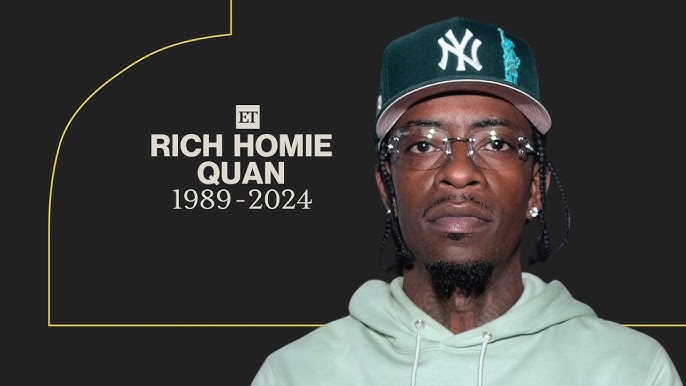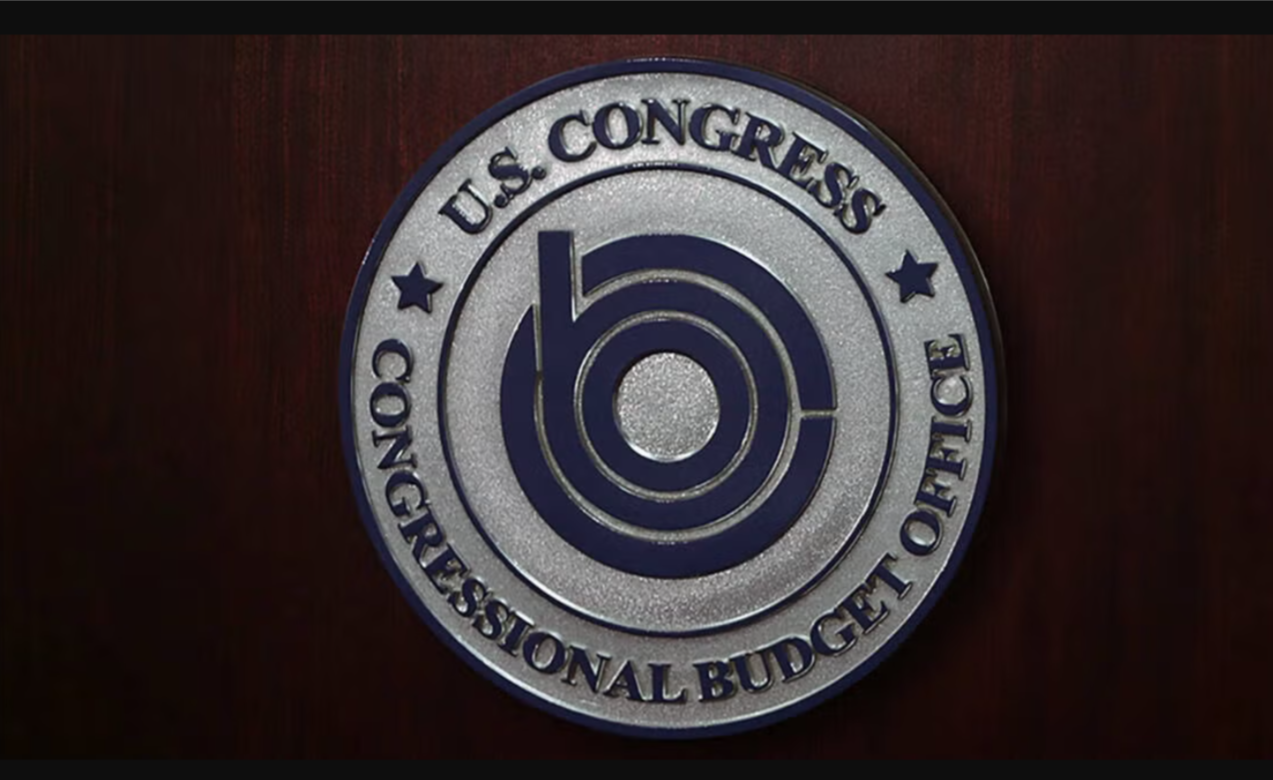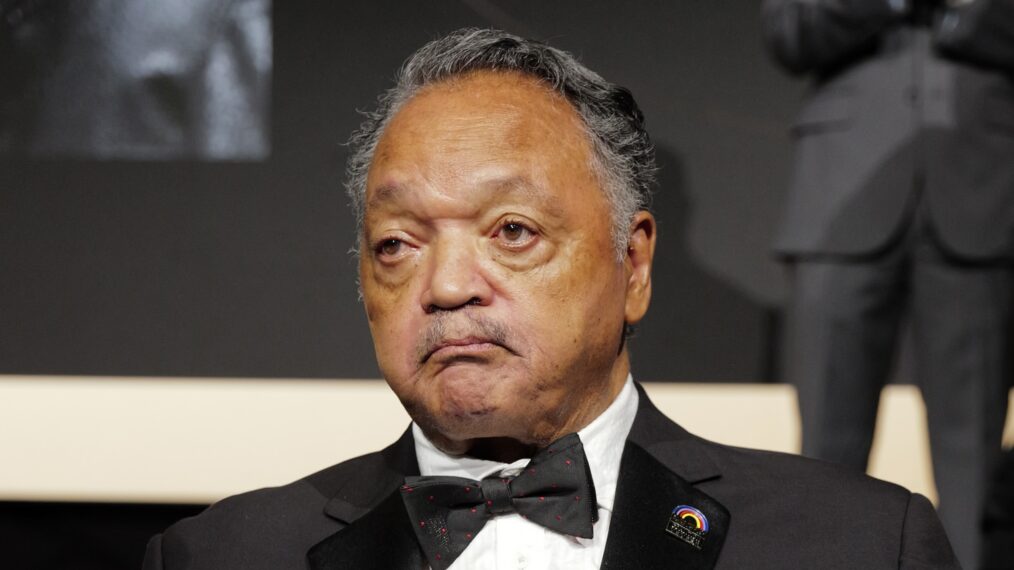(ThyBlackMan.com) The hip-hop community has been shaken by the sudden and tragic death of one of Atlanta’s most recognized rap figures, Rich Homie Quan. Born Dequantes Devontay Lamar, the rapper was found unresponsive at his Atlanta residence late Thursday evening, with authorities confirming his death. The Fulton County Medical Examiner’s Office has scheduled an autopsy, but the exact cause of death remains unknown.
Rich Homie Quan was just 33 years old, and his passing marks yet another loss in an industry that has seen far too many of its young stars leave us prematurely.

The Rise of a Rap Icon
Rich Homie Quan first burst onto the scene in the early 2010s, becoming a household name with his breakout single “Type of Way” in 2013. His smooth delivery, catchy hooks, and ability to blend street narrative with emotional vulnerability resonated with both hardcore rap fans and mainstream audiences alike. In 2015, he followed up his success with the chart-topping single “Flex (Ooh, Ooh, Ooh),” solidifying his place as one of Atlanta’s finest.
Quan’s music was often described as a reflection of his personal journey — from his troubled beginnings to his rise as a key figure in the Atlanta trap music scene. Raised in a single-parent household with dreams of becoming a professional baseball player, Quan’s life took a sharp turn when he was incarcerated for burglary in 2011. He spent 15 months in prison, a transformative period during which he decided to pursue music seriously upon his release.
Following his release, Quan’s hustle was relentless, and he quickly found himself working with some of the biggest names in hip-hop. Collaborations with 2 Chainz, Young Thug, Gucci Mane, and Trinidad James only served to elevate his status. His unique voice and style became synonymous with Atlanta’s thriving rap scene, earning him several BET and BET Hip Hop Award nominations.
Despite his career success, Quan’s life, like many rappers, was not without its struggles.
The Dark Side of Success: A Drug Culture
The rise of Rich Homie Quan coincided with an era in hip-hop that began to glorify not only success and fame but also a dangerous reliance on drugs. Atlanta, long the cradle of trap music, has been ground zero for an alarming trend in the genre: a deep-rooted culture of drug use, from sipping lean to popping pills.
Quan himself never shied away from discussing the realities of the street life that he once lived, and the dark places it could take someone. Yet, as his career continued, it became clear that many rappers, particularly in Atlanta, were moving toward a disturbing pattern — one where drugs were not only part of the culture but central to their lifestyles.
In recent years, the death toll has only grown. From Juice WRLD to Lil Peep, the number of rappers who have succumbed to drug-related deaths is staggering. Each passing feels like another reminder that something is deeply broken in the industry.
There’s a tragic irony to this trend. The same artists who are celebrated for their talent and creativity are often consumed by the very vices they rap about. The narrative of struggle, pain, and self-medication is often woven into their lyrics, with fans singing along — seemingly desensitized to the real-world consequences of this lifestyle.
The Younger Generation’s Acceptance of Drug Use
One of the most alarming aspects of this drug culture is the acceptance and, at times, celebration by the younger generation. Today’s fans seem not only to tolerate but also to glorify rappers who indulge in drug use. The rise of “SoundCloud rap,” a subgenre that emerged in the mid-2010s, coincided with an era where rappers openly boasted about pill-popping, lean sipping, and drug-induced escapades in their music.
For many young fans, rappers like Rich Homie Quan, Future, and Lil Uzi Vert became not just musicians, but symbols of rebellion. Their drug use was seen as part of their allure — a testament to their authenticity. But this begs the question: should the hip-hop community — both artists and fans — be addressing this issue more seriously?
When artists openly discuss their battles with addiction and dependence in their music, it becomes clear that what’s being celebrated isn’t always a glamorous lifestyle but often a cry for help. Rappers like Future have made entire albums about their struggles with lean addiction, while Lil Peep’s tragic overdose shone a spotlight on the lethal consequences of unchecked drug use in the rap game.
Rich Homie Quan, like many of his peers, came from a background of poverty and crime, and his music often reflected the pain and challenges he faced growing up. It is not unreasonable to suggest that, like many others, he may have turned to drugs as a way to cope with the pressures of fame, success, and the demons from his past.
Should the Hip-Hop Community Intervene?
The death of Rich Homie Quan should serve as yet another wake-up call for the industry. Hip-hop, as a cultural force, has always had a profound influence on its listeners, particularly young people. And while it has the power to inspire and uplift, it can also perpetuate dangerous behaviors when the lines between reality and entertainment are blurred.
The question that now looms large is: should the hip-hop community take a more active role in addressing the rampant drug use that plagues its artists? The answer, to many, is a resounding yes.
Several voices within the industry have already started calling for change. Artists like J. Cole and Kendrick Lamar have been vocal about the need for a shift in hip-hop culture, away from the glorification of drugs and toward a more responsible narrative. Kendrick, in particular, has made it a point in his music to speak against the drug culture that has permeated the scene.
And yet, the cycle continues. Each year, we lose more young, talented artists to drugs — whether through accidental overdoses or the destructive lifestyle that drug addiction fosters.
A Legacy Tarnished or Preserved?
Rich Homie Quan leaves behind a complex legacy. On one hand, he will forever be remembered as an Atlanta legend, a rapper whose voice defined an era in the city’s vibrant hip-hop scene. On the other hand, his death will likely add to the growing chorus of voices calling for change in the industry.
Many fans have taken to social media to express their sorrow, with some pointing out the tragic loss of yet another young artist to the lifestyle that hip-hop often glamorizes. Others have used the opportunity to reflect on how the industry could do more to protect its stars.
Jacquees, one of the first artists to pay tribute, tweeted: “Rest in Peace my brother Rich Homie Quan. I love you for life.” His heartfelt words echoed the sentiments of many who saw Quan as more than just a rapper — he was a brother, a friend, and a key figure in Atlanta’s music culture.
2 Chainz, another Atlanta staple, shared his grief on Instagram, reminiscing about a recent conversation he had with Quan about shooting a music video. “Dam lil brother, we just spoke about shooting a video,” 2 Chainz wrote, adding a special prayer for Quan’s family.
Even Quavo took to Instagram, posting a photo of himself alongside Rich Homie Quan and other artists, reflecting on how the rap journey had led them all together. His message: “May God be with us.”
Where Does Hip-Hop Go from Here?
Rich Homie Quan’s death will undoubtedly send shockwaves through the rap community, sparking yet another debate about how the industry treats its stars. The glorification of drugs, the pressures of fame, and the lack of support for mental health issues are all factors that have contributed to the downfall of many talented artists.
But will anything change? Or will Quan’s death simply become another statistic in the long list of rappers who have lost their lives too soon?
As fans continue to mourn his passing, many are left wondering whether the industry will finally take the necessary steps to address its drug problem. Will there be more open conversations about mental health and addiction? Will artists take responsibility for the messages they send to their listeners?
Only time will tell. For now, we can only hope that Rich Homie Quan’s passing serves as a catalyst for change — a reminder that no amount of fame, fortune, or success is worth sacrificing one’s life for.
Rest in peace, Rich Homie Quan. Your music, your legacy, and your story will not be forgotten.
















Indeed, may this young man find peace, but it is heartbreaking to witness how many of our youth are lost to the grip of drugs. At 34, there is no reason to be tangled in such destructive habits. The culture of Hip Hop, with its glamorization of the hard life—drugs, partying, and reckless living—plays a dangerous role in shaping these tragic narratives. This moment should serve as a sobering wake-up call for the industry, the community, and the artists themselves. The cost of this lifestyle is too high, and we must do better in encouraging healthier choices for future generations.